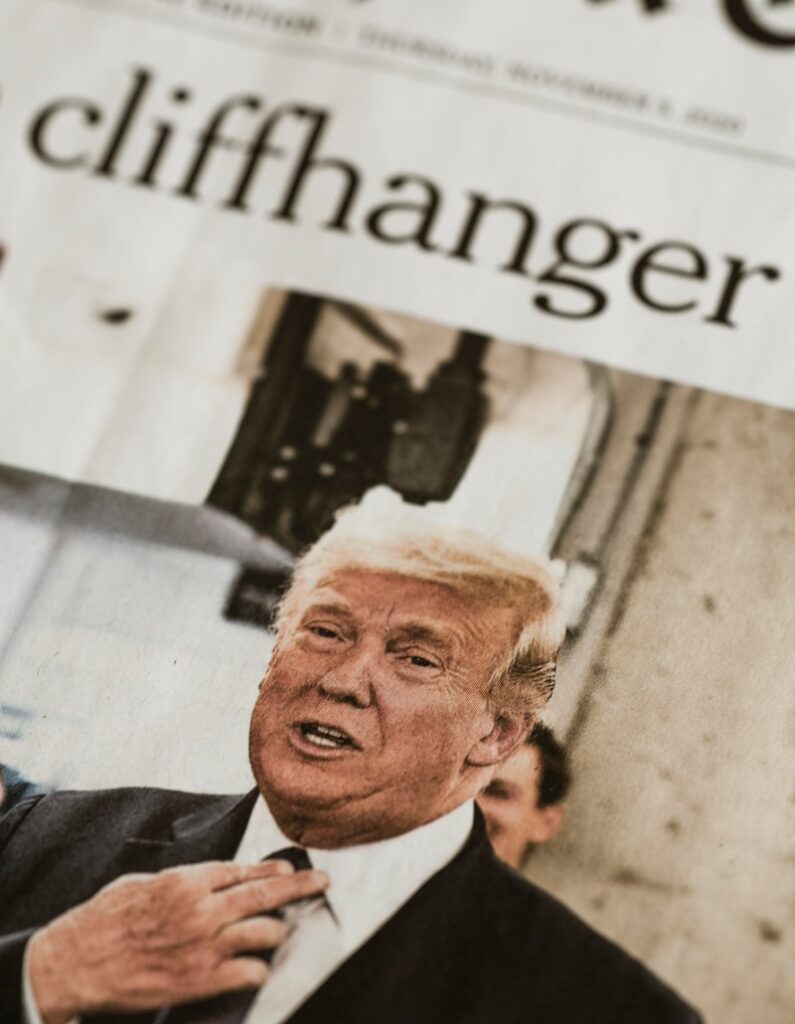
EU–US Agreement: Humiliation, or Art of the Deal?
BY
FOR / December 22, 2025
‘Liberation Day’ marked a real threat to the world, as it risked sparking a global trade war. On 2 April, Donald Trump announced the largest tariff hike since the Smoot–Hawley Tariff Act, 1930. This move reflected Trump’s views on international trade and the global economy: He sees trade as a zero-sum game that the US is losing, and, to him, tariffs are a way to help the American economy and public finances.












